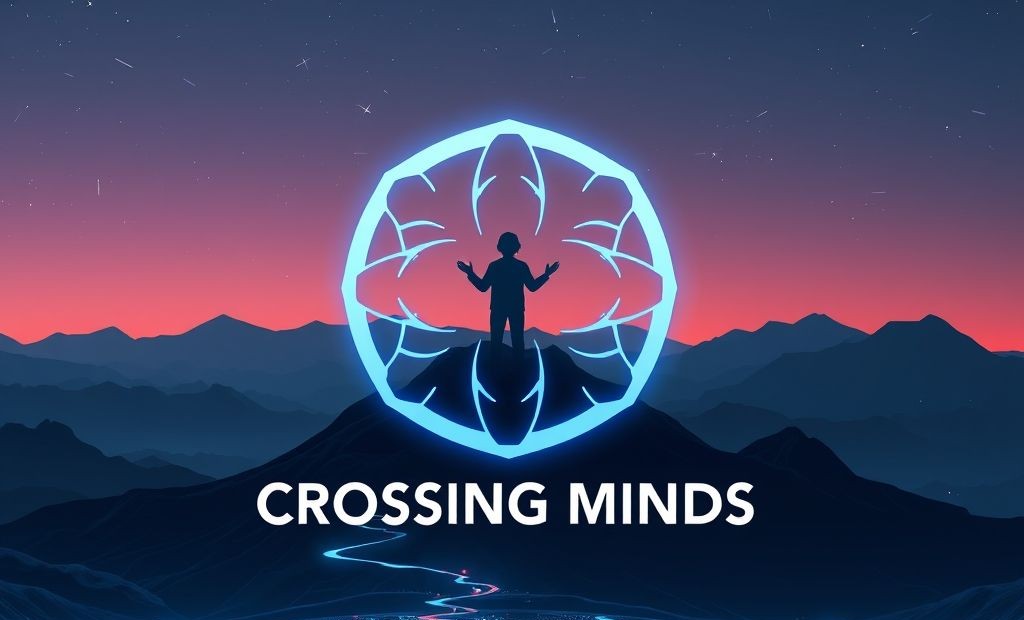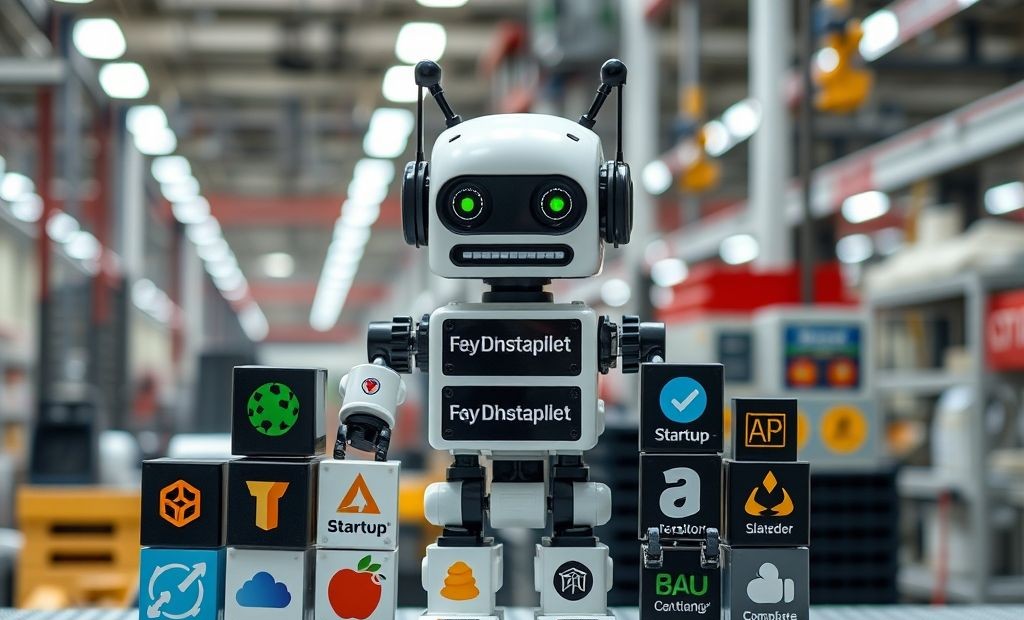Tech Law: Navigating Legal Waters for Startups
The intersection of tech and law brings new risks for startups. Consequently, founders must stay alert. For instance, AI startups face complex rules on data ownership, liability, and IP rights. They must also navigate cybersecurity and privacy regulations like GDPR, CCPA, and the upcoming EU AI Act reuters.com.
At the same time, traditional rules still apply. Companies need clear contracts, robust IP protection, and proper incorporation. They must comply with tax and labor laws, handle permits, and address zoning issues futurum.tech.
⚖️ Smart Steps for Sustainable Growth
- Choose the right structure. An LLC or C‑Corp shields your personal assets.
- Protect your IP. Register patents, trademarks, and copyrights early nicholasbent.co.za
- Draft solid contracts. Include clear clauses on scope, liability, indemnity, SLAs, and dispute resolution sigmadevdigital.com
- Guard data and privacy. Encrypt sensitive info. Follow GDPR and CCPA. Conduct regular audits wired.com
- Stay compliant. Secure permits and meet industry-specific regulations. Follow tax and employment laws futurum.tech
🚀 Why It Matters
First, investors look for legally sound startups. Legal readiness builds credibility and opens doors megaseo.ai. Also, strong legal foundations help avoid costly lawsuits and penalties. Moreover, navigating legal gray areas strategically can give you a competitive edge .
Intellectual Property Protection
Protecting your intellectual property (IP) forms a crucial step for any tech startup. This includes patents, trademarks, copyrights, and trade secrets. A robust IP strategy secures your innovations and provides a competitive advantage. Here’s how to approach it:
- Patents: Obtain patents for novel and non-obvious inventions. Consult with a patent attorney to navigate the application process effectively.
- Trademarks: Register your brand name and logo to prevent others from using similar marks. Use resources like the USPTO website.
- Copyrights: Secure copyright protection for your software code, website content, and other original works.
- Trade Secrets: Implement measures to protect confidential information, such as source code and customer lists. Use NDAs and restrict access to sensitive data.

Data Privacy and Security
Data privacy and security are paramount, especially with regulations like GDPR and CCPA. Tech startups must prioritize compliance to maintain customer trust and avoid legal penalties.
- GDPR Compliance: If you handle data of EU citizens, comply with the General Data Protection Regulation (GDPR). This includes obtaining consent, providing data access rights, and implementing data protection measures, as detailed on the official GDPR website.
- CCPA Compliance: If you operate in California or handle data of California residents, adhere to the California Consumer Privacy Act (CCPA). Understand consumer rights and implement necessary disclosures, further information is available on the California Attorney General’s website.
- Data Security Measures: Implement robust security measures to protect data from breaches and unauthorized access. Use encryption, firewalls, and regular security audits.
Terms of Service and User Agreements
Clear and comprehensive terms of service (TOS) and user agreements are essential for defining the relationship between your startup and its users. They outline acceptable use, liability limitations, and dispute resolution mechanisms.
- Content Guidelines: Define acceptable user behavior and content.
- Liability Limitations: Limit your liability to the extent permitted by law.
- Dispute Resolution: Establish a clear process for resolving disputes, such as arbitration or mediation.
- Privacy Policy: A privacy policy should be readily available to users that clearly explains what data you are collecting and what the data will be used for.
E-commerce and Online Transactions
If your startup involves e-commerce, ensure compliance with relevant laws and regulations governing online transactions, including consumer protection laws and payment processing requirements.
- Consumer Protection Laws: Comply with consumer protection laws regarding refunds, returns, and warranties.
- Payment Processing: Securely process payments and protect customer financial information by using PCI DSS compliant payment gateways. Learn more about PCI DSS compliance on the PCI Security Standards Council website.
- Sales Tax: Collect and remit sales tax as required by applicable state and local laws.












